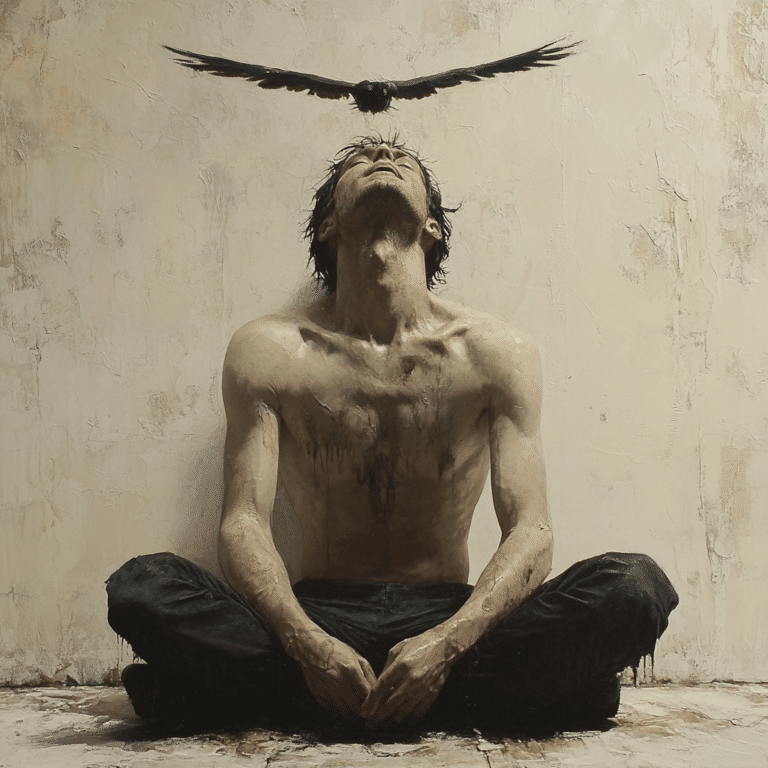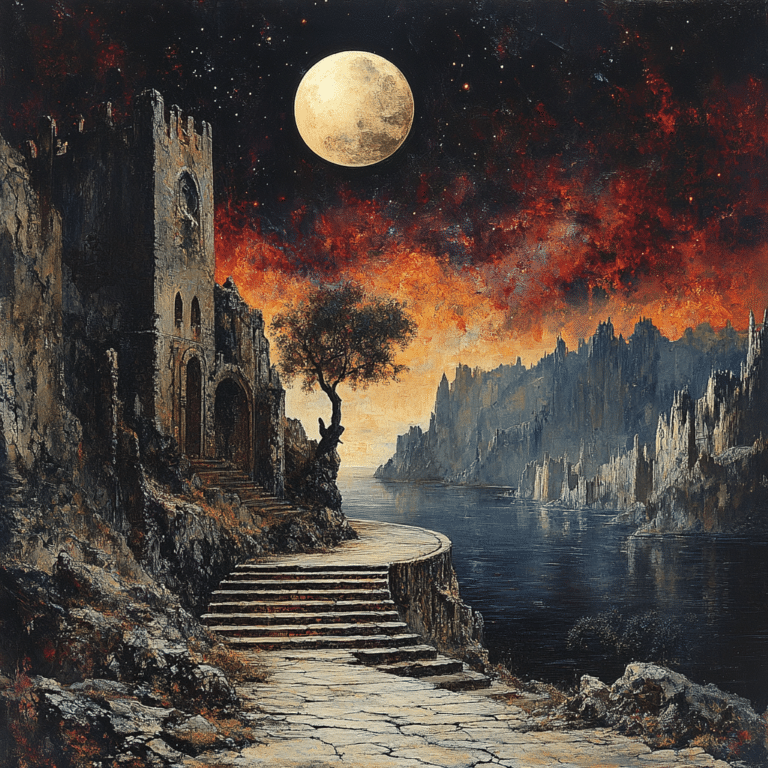Maryland’s very creation stems from a vision—one of religious freedom and tolerance that has reverberated through American history. Central to this vision was Lord Baltimore, a nobleman whose legacy continues to shape Maryland’s identity hundreds of years after its founding. This comprehensive examination delves into the motivations, challenges, and triumphs Lord Baltimore encountered as he laid the foundations for a colony that would become a symbol of hope for many.
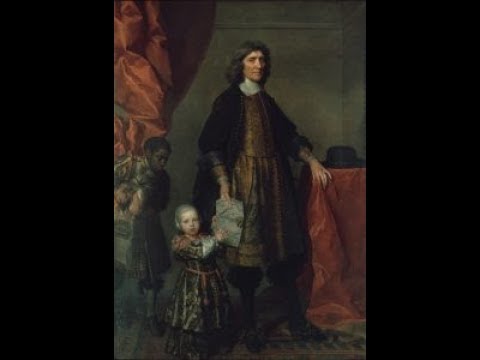
Lord Baltimore: The Vision Behind Maryland’s Founding
Baltimore’s dream for Maryland was to establish a sanctuary where religious freedom could thrive. Grappling with the harsh religious persecution back in England, Lord Baltimore envisaged Maryland as a place where individuals could practice their faith without fear of retribution. As a Catholic himself, this mission was deeply personal.
The Charter of Maryland: Key Provisions and Lord Baltimore’s Role
The Charter of Maryland, granted by King Charles I, was the legal document that laid the groundwork for the colony. Lord Baltimore masterfully orchestrated the charter’s provisions to ensure that it enshrined the values of religious tolerance. The charter was a groundbreaking document, offering insights into Lord Baltimore’s acute understanding of governance.
Analysis of religious and political climate during Baltimore’s pursuit of Maryland
During the time Lord Baltimore pursued the establishment of Maryland, the religious and political climate was tenuous. In Protestant England, Catholics faced intense persecution, and the social order was fraying as absolutist tendencies of the monarchy clashed with the rising tide of parliamentary power. Baltimore’s quest was as risky as it was ambitious.

The Baltimore Family’s Quest: Establishing a Legacy in the New World
The Calvert family, of which Lord Baltimore was a prominent member, hailed from noble lineage. Their stature in England offered them certain privileges, but also unique burdens during a time of upheaval.
George Calvert’s initial interest in colonization and passing the mantle to Cecil Calvert
The family’s colonial aspirations began with George Calvert, the 1st Baron Baltimore. His early ventures in colonization set the stage for his son, Cecil Calvert, to inherit the monumental task of realizing the vision for Maryland after George’s death.
The role of the Calvert family in Maryland’s development across generations
Lord Baltimore and his descendants played a hands-on role in developing Maryland from a fledgling settlement into a prosperous colony. Their administrative foresight helped to streamline the colony’s growth, navigating the treacherous waters of colonial politics with finesse.
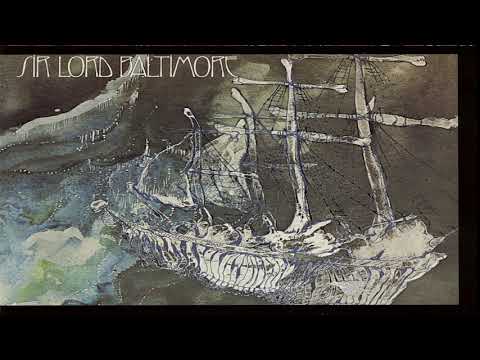
| Aspect | Details |
|---|---|
| Full Name | Cecil Calvert, 2nd Baron Baltimore |
| Title | 2nd Baron Baltimore |
| Birth | August 8, 1605 |
| Death | November 30, 1675 |
| Famous For | Founding the Province of Maryland, the future state of Maryland |
| Notable Achievements | – Established Maryland as a haven for English Catholics |
| – Passed the Maryland Toleration Act of 1649, granting religious freedom to all Christians | |
| Parentage | Son of George Calvert, 1st Baron Baltimore |
| Colonial Role | Proprietor of Maryland |
| Residence | England (never visited Maryland) |
| Religious Affiliation | Catholic |
| Political Strategy | During the English Civil War, he maintained a position of neutrality to protect colonial interests |
| Governor Appointed | William Stone in 1648, a Protestant, to reassure the Parliament of his loyalty |
| Legacy | Recognized as a pioneer of religious tolerance in America |
Lord Baltimore’s Haven: Maryland as a Refuge for Catholics
The Protestant dominance of England left Catholics in a precarious position. Maryland represented not just a new start, but a reprieve from persecution—a hope that Lord Baltimore passionately defended.
Lord Baltimore’s promise of religious tolerance: How it shaped Maryland’s laws
The spirit of religious tolerance was baked into Maryland’s very laws, setting it apart from other American colonies. This principle was not just decorative; it was enforced and became a hallmark of Maryland’s legal framework.
Comparing Maryland’s religious policies to other American colonies at the time
When placed side by side with its peers, Maryland’s stance on religious policy was progressive and avant-garde. Lord Baltimore’s commitment to religious freedom was not just notable; it was radical for its time.
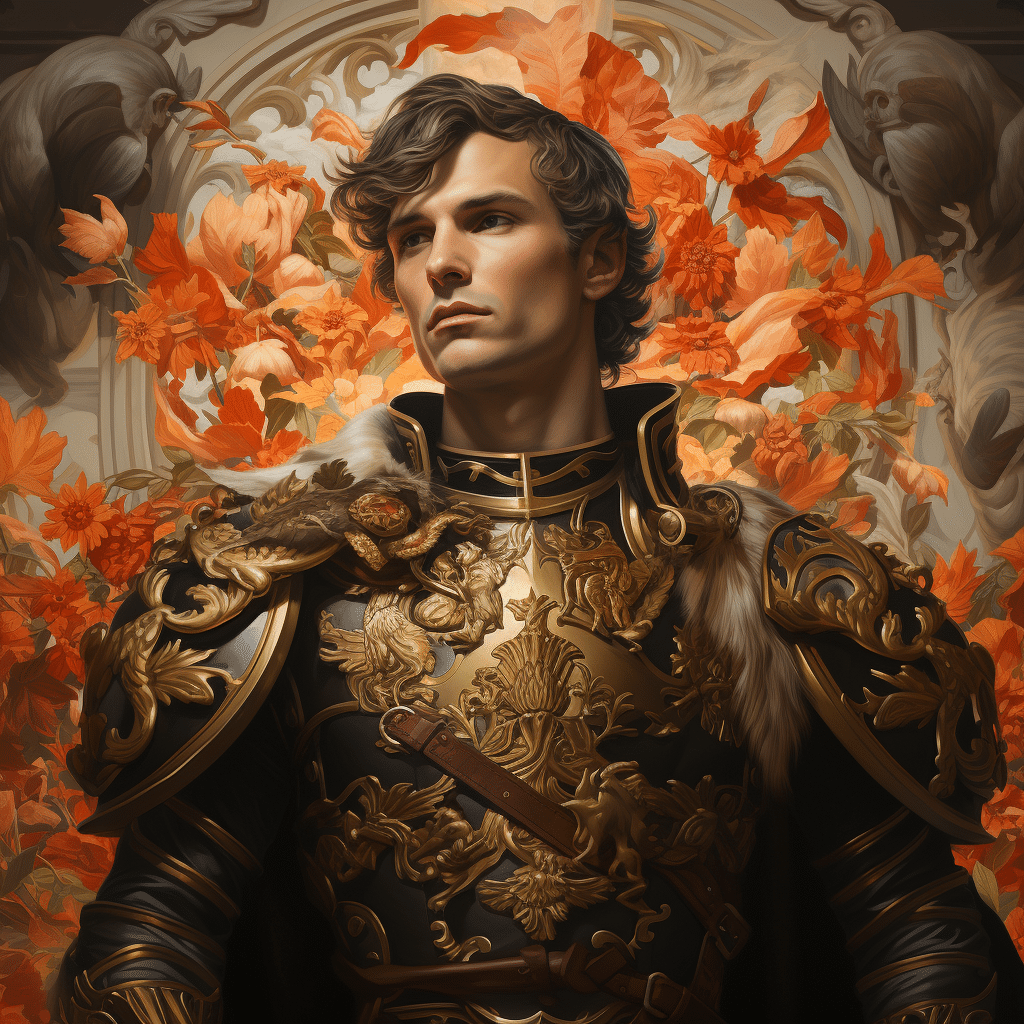
The Settlement of Maryland: Lord Baltimore’s Governance and Society
The Ark and the Dove, ships that carried the first settlers, faced a precarious journey across the Atlantic. The settlers’ arrival and subsequent struggles were a testament to their fortitude and Baltimore’s leadership.
How Lord Baltimore’s governance model influenced early Maryland society and economy
Lord Baltimore’s governance fashioned a society that valued enterprise and community. His model influenced the ranking order of settlers and intercolonial relations, particularly in establishing a robust economy centered around tobacco.
The relationship with Native Americans under Baltimore’s direction
Baltimore’s approach to diplomacy with Native American tribes was characterized by an effort to understand and respect. This relationship was not without its setbacks, but Baltimore sought to a degree mutual benefit where it was possible.
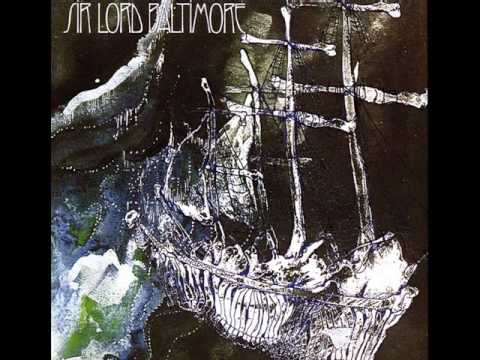
Economic Visions: Lord Baltimore’s Impact on Colonial Trade and Wealth
Agriculture was the beating heart of the colony’s economy, and tobacco became the gold standard. By championing this crop, Lord Baltimore put Maryland on a path towards economic stability.
Baltimore’s encouragement of immigration for economic growth
The economic vision of Lord Baltimore included bolstering population growth through immigration. With a promise of prosperity, many were enticed to Maryland’s shores, enriching the colony’s human tapestry.
The economic legacy of Lord Baltimore in Maryland’s early prosperity
The foundations laid by Lord Baltimore catapulted Maryland into a position of economic prominence within the colonies. This early prosperity is a testament to Baltimore’s strategic economic planning.
Lord Baltimore’s Administrative Challenges and Triumphs
The political landscape of Maryland was fraught with power struggles and dueling ideologies. Yet, Baltimore’s sagacious leadership ensured that the colony navigated these rough seas.
Navigating Maryland’s political struggles: Religious squabbles and border disputes
Afflicted by religious divisions and territorial conflicts, Maryland required adroit management. Baltimore, despite his penchant for tolerance, had to contend with religious discord and border disputes that threatened the colony’s fabric.
Lord Baltimore’s innovative solutions to administrative and governance issues
No challenge seemed insurmountable for Lord Baltimore, owing to his inventive approach to governance. He exhibited a knack for pioneering solutions that often set precedents for the colony.
Assessing Lord Baltimore’s leadership through significant colonial challenges
Evaluating Lord Baltimore’s tenure, it becomes clear that his leadership was marked by significant victories amidst inordinate colonial challenges. His ability to steer Maryland through tempestuous times was remarkable.
Cultural and Social Milestones in Lord Baltimore’s Maryland
Under Lord Baltimore’s auspices, St. Mary’s City became a beacon of cultural significance. His attention to detail birthed a well-ordered society that had clear hierarchies and purposes.
The establishment and significance of St. Mary’s City under Baltimore’s direction
St. Mary’s City was not just Maryland’s first capital but also the nucleus of its cultural identity. Its establishment was a calculated move by Baltimore to root the colony’s tradition and governance.
Analysis of social order and hierarchy in early Maryland society
The social fabric of Maryland was intricately woven, with varying degrees of status and influence. Yet, it was Lord Baltimore’s hand that ensured this tapestry remained balanced and stable.
Lord Baltimore’s influence on Maryland’s early cultural development
The cultural imprint left by Lord Baltimore can be observed in the colony’s architecture, its laws, and in the everyday lives of its inhabitants. His legacy permeated every facet of Maryland society.
Conflict and Compromise: Religious Issues Under Lord Baltimore’s Jurisdiction
The Act of Toleration in 1649 was a groundbreaking piece of legislation that secured Maryland’s place in history as a leader in religious freedom. The act’s conception and eventual implementation cemented Lord Baltimore’s vision.
Toleration Act of 1649: Background, content, and implications
This act was a bold statement; it promised freedom of Christian worship at a time when such ideals were controversial. The implications of this act were felt well beyond Maryland’s borders.
Inter-religious strife in Maryland and Lord Baltimore’s attempts at mediation
Despite the promise of the Toleration Act, strife was inevitable. Yet, Lord Baltimore’s attempts to mediate these tensions were often successful, demonstrating his commitment to his foundational principles.
The lasting effect of Lord Baltimore’s policies on religious freedom in America
The ripple effect of Baltimore’s policies on religious freedom can still be felt today. His approach to tolerance laid the groundwork for the principles that many American societies hold dear.
Lord Baltimore’s Legacy in Modern Maryland
The Calvert family’s influence did not wane with the passing of centuries. Modern Maryland still reflects the tenets Lord Baltimore instilled, and the landscape is dotted with sites memorializing his contributions.
Tracing the Calvert family’s enduring influence in Maryland’s politics and culture
From political leadership to cultural development, the Calvert family’s imprint remains indelible in Maryland’s tapestry. Their values continue to shape the state’s direction.
Present-day sites and monuments commemorating Lord Baltimore’s contribution
Across Maryland, numerous sites and monuments like the Lord Baltimore hotel honor the memory and contributions of Lord Baltimore. These landmarks are a testament to his enduring legacy.
The historical debate: Reassessing Lord Baltimore’s role in American history
While the spotlight often shines on other historical figures, Lord Baltimore’s role in shaping early America is unquestionable and worthy of robust academic debate and public recognition.
Conclusion: Re-evaluating Lord Baltimore’s Role in Maryland’s Birth and Beyond
Lord Baltimore’s vision went beyond the establishment of a mere colony; it was the birth of an idea that would influence the very foundation of a nation. His tenets laid a blueprint for religious and economic freedom that would resonate through the centuries.
A synthesis of Lord Baltimore’s vision and its realization in Maryland
Maryland’s emergence as a colony bears testimony to Lord Baltimore’s fortitude and conviction. His perseverance in the face of adversity brought to fruition a sanctuary where religious liberty was more than an aspiration—it was a reality.
The impact of Maryland’s founding principles on American history
Maryland’s founding principles are not confined to its borders; they have cascaded through American history, influencing the fundamental civil liberties that form the bedrock of the United States.
Final thoughts on Lord Baltimore’s multifaceted legacy within Maryland and the United States
From the bustling streets of Keystone Korner baltimore to the modern scoots of the best electric scooter, from fashion icons sporting aviator glasses to the cultural hubs like R House Baltimore, the shadows of Lord Baltimore’s legacy are everywhere. As the sun sets over the picturesque Sun Valley resort, one is reminded of how a vision for a better world can manifest in real and enduring ways. And as one walks through the echoes of history, the weight of Lord Baltimore’s influence is undeniable—a reminder that in Maryland, his spirit remains as alive as the leaves rustling in maritime winds.
The Quirky Quotient of Lord Baltimore
Hey there, history buffs and curious cats! Buckle up as we take a whimsical stroll through the annals of time, spotlighting the one and only George Calvert, otherwise known as Lord Baltimore. This mind-boggling blend of serious history and trivial truths about the founder of Maryland’s haven will definitely tickle your brain cells.
Unpacking the Man Behind the Haven
First things first, let’s unravel the mystery of Lord Baltimore, shall we? Now, George Calvert, the original Lord Baltimore, was a man who stitched together hopes and dreams like a tailor with a knack for creating a “fitting” society. Lord Baltimore’s aspirations for Maryland were much like threading the perfect needle – He aimed to create a refuge for English Catholics and a society where religious tolerance was the new black. Talk about tailoring a tolerant tapestry, huh?
The Tale of Two Georges
Hold your horses! Before you get all tangled up, you should know this: there wasn’t just one Lord Baltimore, but two! That’s right, like a father-son duo in a cowboy tale, George Calvert passed on his Lord Baltimore title to his son, Cecil. These two Georges, while stomping through different times, shared a vision as sturdy and resilient as the digs you’d snag from Boot Barn. Cecil, picking up where his padre left off, laced up his authoritative boots and established the colony of Maryland, making the dream of religious freedom a reality.
A Puzzle Bag of Privileges
Ready for a twist? Back in the day, Lord Baltimore didn’t just sashay into Maryland and claim it. No sirree, he had to sort it out like fitting pieces of a Loewe puzzle bag together. The privilege to colonize Maryland wasn’t simply plopped into his lap; it was granted by none other than King Charles I. In 1632, this “bag” of privileges was handed over, and it had more compartments than you could shake a stick at, from the power to summon a legislature to the ability to bestow pardons. Those perks were no small potatoes!
Did You Know?
Alright, folks, it’s time for the lightning round of tidbits and nuggets about our pal Lord Baltimore that’ll make you the life of any (virtual) trivia night!
And there you have it, a mishmash of the historical and the hysterical when it comes to Lord Baltimore. Next time you find yourself in Maryland, tip your hat to old George Calvert, the chap who planted the seeds of religious freedom in America’s soil, and Cecil, who nurtured them into a full-blown tree of liberty.

What was Lord Baltimore best known for?
Well, Lord Baltimore, also known as George Calvert, was famously known for founding the colony of Maryland. He was a visionary who dreamt of creating a place where folks could practice their religion without a worry, and boy, did he make a mark!
Was Lord Baltimore a Catholic?
Absolutely, Lord Baltimore was a devout Catholic. Back in those days, being Catholic in England was a tough gig, and he faced his fair share of hurdles due to his faith.
How long did Lord Baltimore live?
Lord Baltimore, the first one we’re chit-chatting about here, lived for about 52 years. To be more exact, he kicked the bucket in 1632, but his legacy, wow, it paved the way for centuries to come.
Who are the descendants of Lord Baltimore?
Talking about Lord Baltimore’s descendants is like peeking into a history book. The title “Lord Baltimore” was passed down through the Calvert family, with successive generations making their own impact. But you’ve got to picture this – they’re not just a footnote in history; their trace is scattered across the old colonies.
Why was Baltimore important?
Why was Baltimore important, you ask? Well, hold onto your hat, because this city was a juggernaut of trade and shipping during the early days. Picture this: bustling docks, merchants a-plenty, and a strategic spot that made it the toast of the mid-Atlantic.
Why is Baltimore important in history?
Baltimore’s importance in history is like a deck of cards holding up the American story. This city cradled the sparks of the industrial revolution, harbored ships in the War of 1812 – think Star-Spangled Banner vibes – and was a railroad titan. Baltimore was, and still is, a city that gets the cogs turning in the U.S. machine.
What are some fun facts about Lord Baltimore?
Oh, fun facts about Lord Baltimore? Get this – the guy was actually born George Calvert. He only snagged the fancy title “Lord Baltimore” after he checked out Lords in England. And, plot twist, the city of Baltimore wasn’t named after him directly, but after his title. How’s that for a bit of trivia?
What did Lord Baltimore believe in?
Lord Baltimore was a staunch supporter of religious freedom, especially for Catholics like himself. He reckoned everyone deserved a fair shake when it came to beliefs, and that’s a big reason why he set up shop in Maryland.
Did Lord Baltimore want a safe place for Catholics?
You’ve hit the nail on the head! Lord Baltimore was itching to carve out a safe haven for Catholics. He was seeing his fellow believers getting the short end of the stick in England, and he figured, enough was enough.
How many kids did Lord Baltimore have?
Lord Baltimore had plenty of young’uns to carry on his legacy – ten, to be exact. Imagine that household, bustling and lively – never a dull moment!
What city was named after Lord Baltimore?
The city we’re gabbing about was named after the title of Lord Baltimore, not the man himself. That’s right, Baltimore in Maryland carries the name with pride and has been making its own waves since being named.
How much land did Lord Baltimore own?
When it comes to land, Lord Baltimore wasn’t skimping. He got his hands on a chunk of territory that we now call Maryland. Think about it – back then, that was a massive amount of terra firma for one fella to manage!
What does the title Lord Baltimore mean?
The title “Lord Baltimore” was no small potatoes. It was the barony title given to George Calvert by King James I, paving the way for his family to be English nobility. Think of it like getting a VIP backstage pass to history!
What religion was Lord Baltimore?
Regarding religion, Lord Baltimore was, through and through, a Catholic. At a time when being Catholic in England was walking on eggshells, his faith was a Big Deal, especially as it guided his drive to found Maryland.
Why did Lord Baltimore set up Maryland?
Now, why did Lord Baltimore set up Maryland? It was all about religious freedom, a place where Catholics could catch a break from the religious squabbles across the pond in England. He wanted to lay out the welcome mat for folks of all creeds.
What was Baltimore known for in colonial times?
In colonial times, Baltimore was like the Swiss Army knife of port cities – it had it all. We’re talking a shipping powerhouse, a tobacco trade hotspot, and a melting pot of cultures. It was the go-to place for business in the Chesapeake.
What did Lord Baltimore establish Maryland for?
Rolling back the tape, Lord Baltimore established Maryland to create a refuge for religious freedom and to make some coin through tobacco farming. It was his slice of the American pie, with a side of spiritual liberty.
What is a fun fact about Lord Baltimore?
Here’s a nugget for ya: Lord Baltimore wasn’t even his real name – it was a title. The dude who started it all, George Calvert, had a history of swapping careers – he went from being a big wig in the Parliament, to crossing the pond and setting up a whole new colony!
Why did Lord Baltimore help the Roman Catholics?
Lord Baltimore was all about helping his fellow Catholics dodge the constant curveballs thrown by Protestant England. He was on a mission to give them a spot under the sun where they could chill out and worship without someone breathing down their necks.



